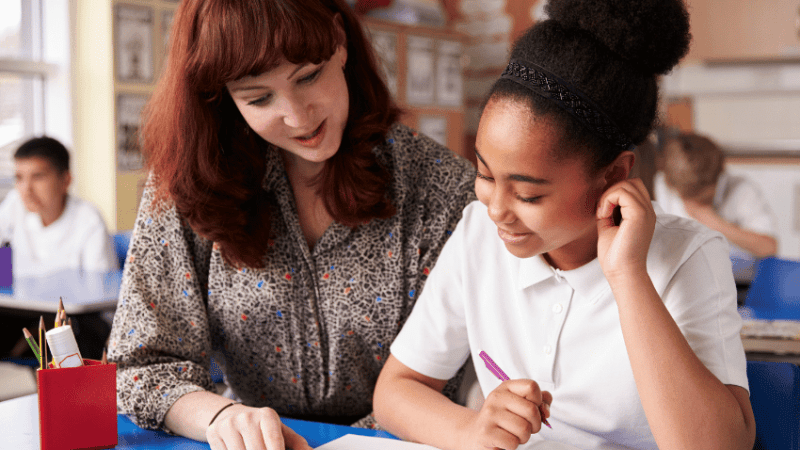Learning outdoors should be an entitlement, not an added extra

Justine Lee explains why you should teach beyond the classroom walls…

- by Justine Lee

Imagine a world where we all did the same job and worked in the same type of building, undertaking the same tasks. This may suit a small number of people, but many would feel frustrated, unmotivated, unengaged.
Yet this is exactly what we expect of young people. We expect students to be taught in the same kind of buildings, in pretty much the same way, and to learn the same information.
Classroom-based learning may suit some students – they may in fact thrive on it – but for others, it can stifling or worse, lead them to switch off from learning altogether.
Every young person has the right to have a chance to flourish and achieve their potential.
This is why, at the Council for Learning Outside the Classroom, we believe that learning outdoors should be an entitlement, not an added extra, and that every child and young person should enjoy learning beyond the classroom walls as a regular part of their learning week.
Group motivation
Learning in different places and spaces has been proven to work. Forest schools and learning walks are frequently used teaching tools in primary schools, but as children reach secondary school age the time they spend outside during the school day drastically reduces.
There is a wealth of data around the benefits of learning outdoors. Students who have lessons in different environments regularly tend to be more attentive, and therefore have a better recollection of the lesson.
Regular exposure to nature decreases stress and anxiety. Lessons outside require students to be physically active, which helps to combat obesity.
Increased oxygen levels and blood flow also improves brain function, resulting in more creative thinking and helping students to communicate more clearly.
In outdoor settings students are more motivated to work together in groups, often with other students who aren’t part of their usual social networks.
This improves their social skills, helps them to manage conflicts and learn to cooperate more effectively. Learning in different places and spaces also helps to make subject matter relevant. It provides real-world context, brings lessons to life and gives students hands-on experience.
Natural development
The qualities and skills developed through these learning experiences are those that employers are clamouring for.
Creative and critical thinking, communication skills, collaboration – these develop naturally when students are learning outdoors, but they can’t be achieved through a single trip at the end of the school year.
To realise the full benefits that learning outdoors offers, it must be part of a progressive and regular learning programme.
Learning in different places needn’t entail full-day trips away from school. Your school grounds are easily accessible, cost-effective and convenient – think about how you could use that space for your lesson.
Talk to other subject teachers about their priorities and collaborate. Design and build planters in D&T lessons to create small garden spaces, for use as part of science or food technology lessons.
Examine what lies just outside your school’s boundaries. Local parks and canals are free to use and can support a range of subjects, from science and technology to art, geography and history.
Many organisations, such as the Council for Learning Outside the Classroom, provide free learning resources to help teachers take learning beyond the classroom walls while saving them time.
Stop thinking that lessons outside are a distraction from ‘real’ learning. The new Ofsted Inspection Framework is clear – schools must teach the National Curriculum, but how you do so is up to you.
Inspectors will be looking at the quality of the learning experience, which should encourage teachers to be creative in how and where they deliver their lessons, and help every student achieve their full potential.
Justine Lee is a communications and marketing expert in the non-formal learning sector. She currently works with the Council for Learning Outside the Classroom and School Travel Forum.










